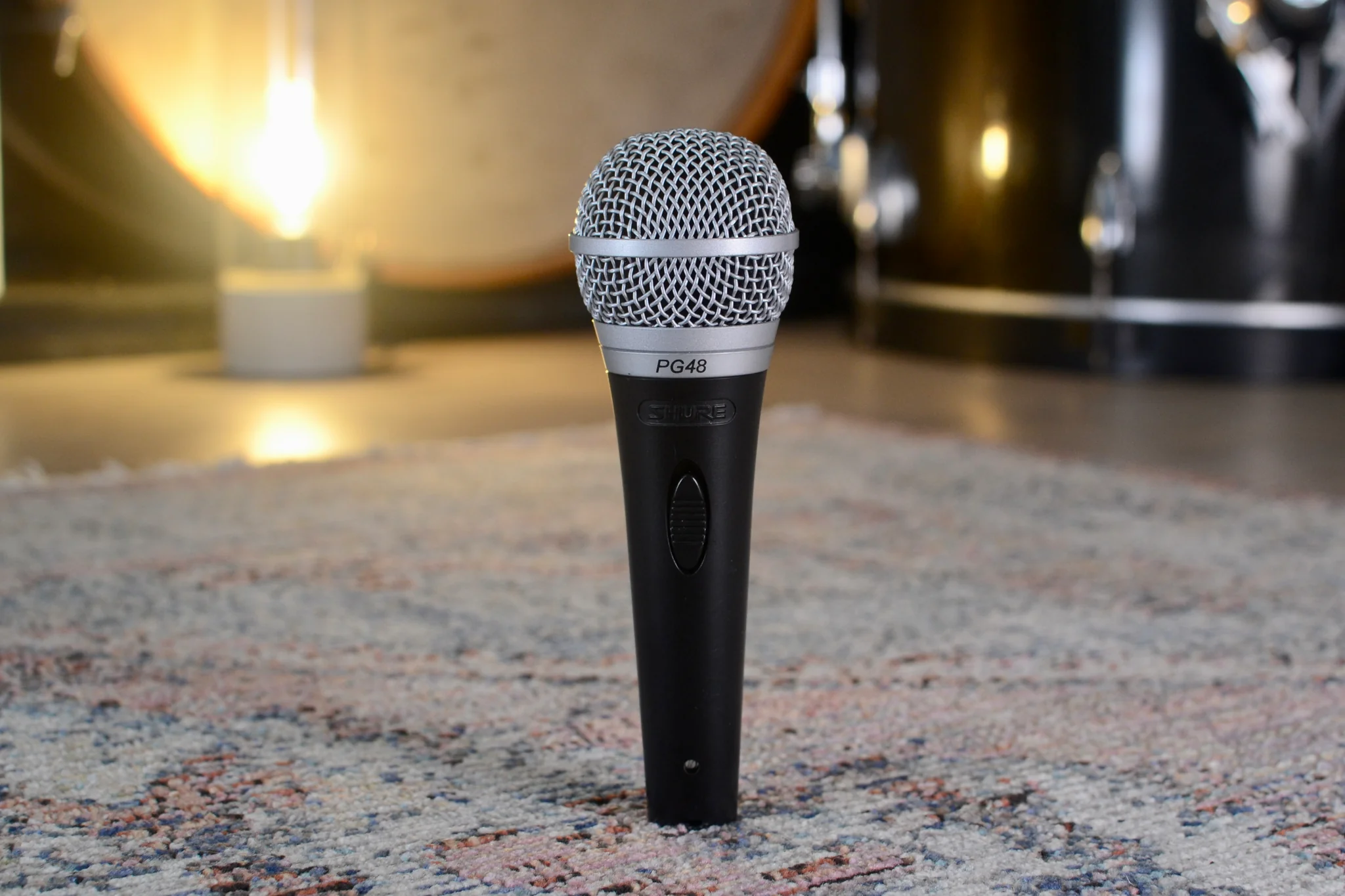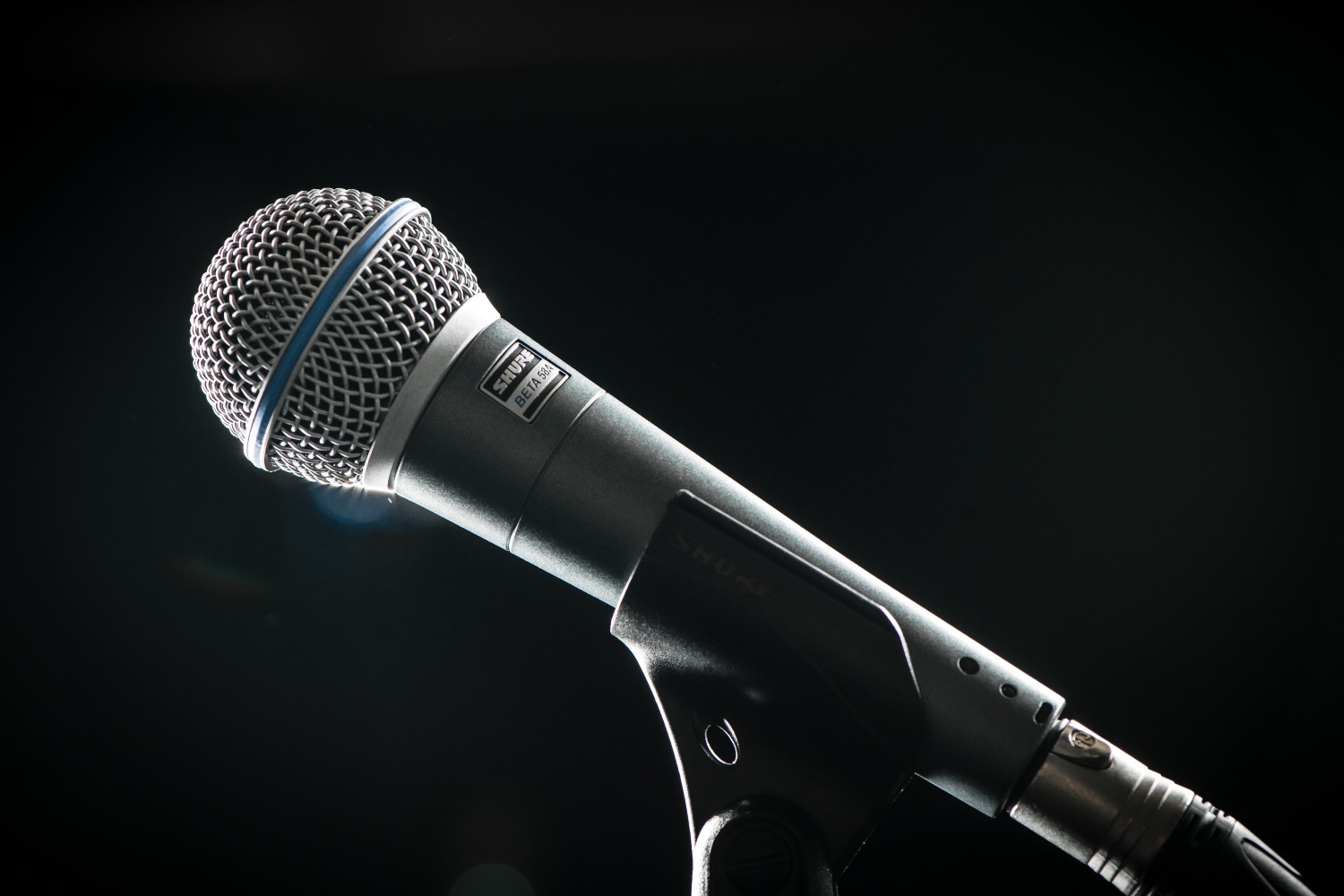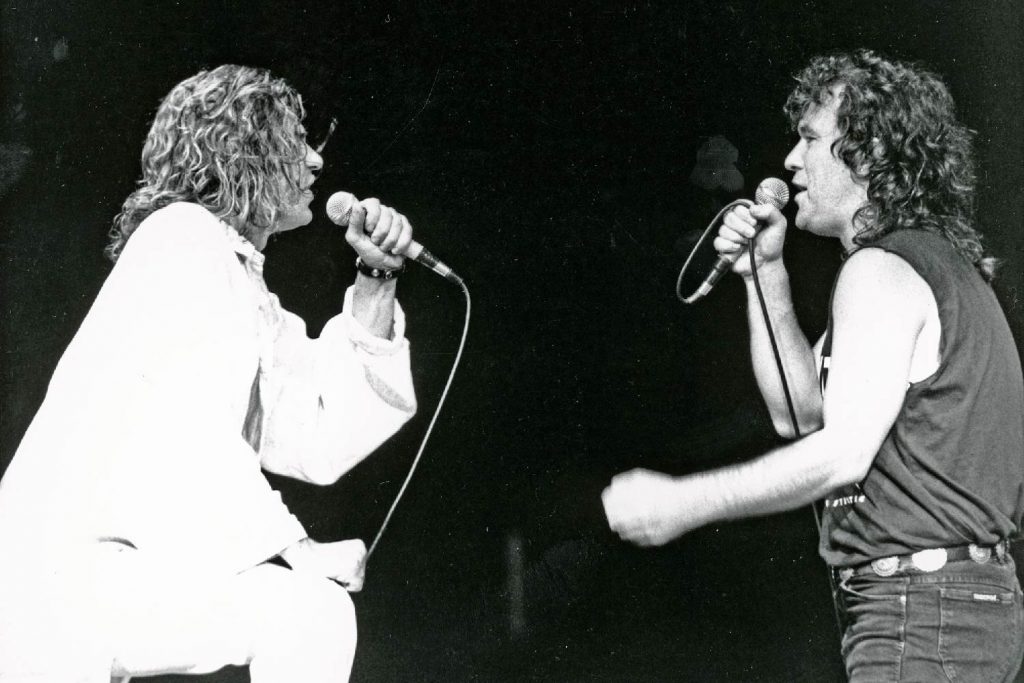Shure have provided engineers, musicians, producers and audio enthusiasts alike with some of the most recognisable and widely used microphones for live, studio, broadcast applications and everything in between.
Without doubt one of the most respected and revered audio brands around today, Shure have provided engineers, musicians, producers and audio enthusiasts alike with some of the most recognisable and widely used microphones for live, studio, broadcast applications and everything in between. Even if you didn’t know it, you would have likely seen or even used a Shure microphone already – they’re everywhere, and for good reason. It’s with this in mind that we’re going to crack open the mic locker and take a look at four iconic Shure dynamic microphones, breaking down their unique features and best uses for recording and live applications.
Read up on all the latest features and columns here.
Before cracking into each of these mics, let’s first take a look at the dynamic microphone, and why one might be compelled to choose a dynamic, say, over a ribbon or condenser.
A primary benefit of a dynamic mic lies in its rugged design and resistance to heavy handling – a quality synonymous with Shure mics. Dynamic mics also enjoy an extended frequency response (particularly compared to their ribbon counterparts) and this response can also be tailored to specific needs or intended sound sources. What’s more, dynamics don’t require batteries or external power for operation, nor do you need to be particularly careful not to feed them external power – a sure fast way to do serious damage to a ribbon mic for example.
First up, the PGA48 is a staple entry level handheld microphone. Few others in the same range can tout such bullet proof design – in short, it’s classic Shure. Perfect for those with a limited budget but still needing a reliable, clean and clear sound, the PGA48 is a stellar choice for beginner musicians who are looking to perform live or record demos, with a nice, crisp vocal capture.
The PGA48’s frequency response ranges from 70Hz to 15kHz and nicely emphasises the presence range in the human voice with a gentle rise between 2kHz and 5kHz for added clarity. Its cardioid pickup pattern helps reject unwanted noise from the back of the microphone and as well as potential feedback from a foldback wedge on a live stage. Its on/off switch is convenient particularly when recording or between songs on stage. Accompanied by a good quality mic cable, carry pouch and mic stand thread adapter – the PGA48 is a great way to enjoy the benefits of a Shure dynamic mic without breaking budget.

We mentioned before that most will already be familiar with Shure microphones whether knowing it or not and the next mic we’re looking at is hands down that microphone. Arguably the most recognisable handheld mic on the planet, the SM58 is the definition of reliability. Initially released in 1966, the SM58 is based on the famous Unidyne III element design developed in the late 1950’s, producing a clear, open sound, ideally matched for vocals. Producing a warm, rich sound compared to numerous other mics in a class, the SM58 has a frequency response of 50Hz to 15kHz with a nice presence boost between 3kHz and 6kHz and another gentler boost between 8kHz – 10kHz. Its uniform cardioid polar pattern provides excellent feedback rejection and reduction in unwanted noise.
Built to withstand the rigours of live performance and touring, the SM58 is also a great choice for recording, offering a superbly natural sounding capture of vocals, without being overly boomy in the bottom end, nor bright or brittle in the high end. Aside from vocals, the SM58 can comfortably handle the high sound pressure levels (SPL) levels of brass and woodwind instruments and its frequency response caters nicely to these instruments also. A superb all-rounder and a go to for engineers and musicians alike for good reason. It’s a mic built to last.
The Beta line of Shure microphones represents some subtle (and not so subtle) upgrades to the SM range of microphones and offers numerous benefits for those looking to step up the sound of their productions, recordings or live performances. The Beta 58a (the upgrade to the legendary SM58) boasts a neodymium magnet for higher signal to noise ratio (higher output), a frequency response of 50Hz to 16kHz, with a natural bass roll off and gentle attenuation below 500Hz helping control proximity effect – the increase of low frequencies the closer to the diaphragm a sound source is. The two presence peaks at 4kHz and 10kHz make for a more polished, professional sound quality that musicians and engineers have come to rely upon in live and studio settings time and time again. The enhancements of the Beta 58a don’t come at the sacrifice of reliability, as it can comfortably handle a beating from energetic performers. Its advanced pneumatic shock mount system effectively reduces handling and mechanical noise and unlike the SM58 and PGA48, the Beta 58a has a supercardioid polar pattern – for effective isolation and reliable feedback rejection in its respective 120° and 240° null points. A go to microphone for those looking for a more professional vocal mic on a slightly higher budget.
Lastly, Shure’s flagship handheld dynamic mic, the KSM8 really is a thing of beauty. Its patented dual diaphragm Dualdyne cardioid design inverts airflow and is a revolutionary design. In typical Shure fashion, this technological development isn’t for mere show but rather is absolutely practical in application, helping control proximity effect and presence peaks like few other microphones in its class can. It sounds both incredibly natural, gorgeously hi-fi, and three dimensional – needing very little if any EQ or additional processing. Its extended frequency response ranges from 40Hz to 16kHz and is remarkably flat. The KSM8 is the hallmark of Shure’s legendary legacy of microphones and is a go to for those needing high-end results in the studio or in crucial live situations where consistency and quality are paramount.
To say the legacy of Shure microphones is legendary isn’t mere hyperbole, but based on tried and true user experience, rugged, reliable design and true innovation. Whether you’re looking for something entry level or the pinnacle of dynamic handheld mic design, the range of Shure mics has something for everyone, with an assurance of reliability and trust within the industry like few others can offer.
For more information, head to Shure. For local enquiries, visit Jands.







